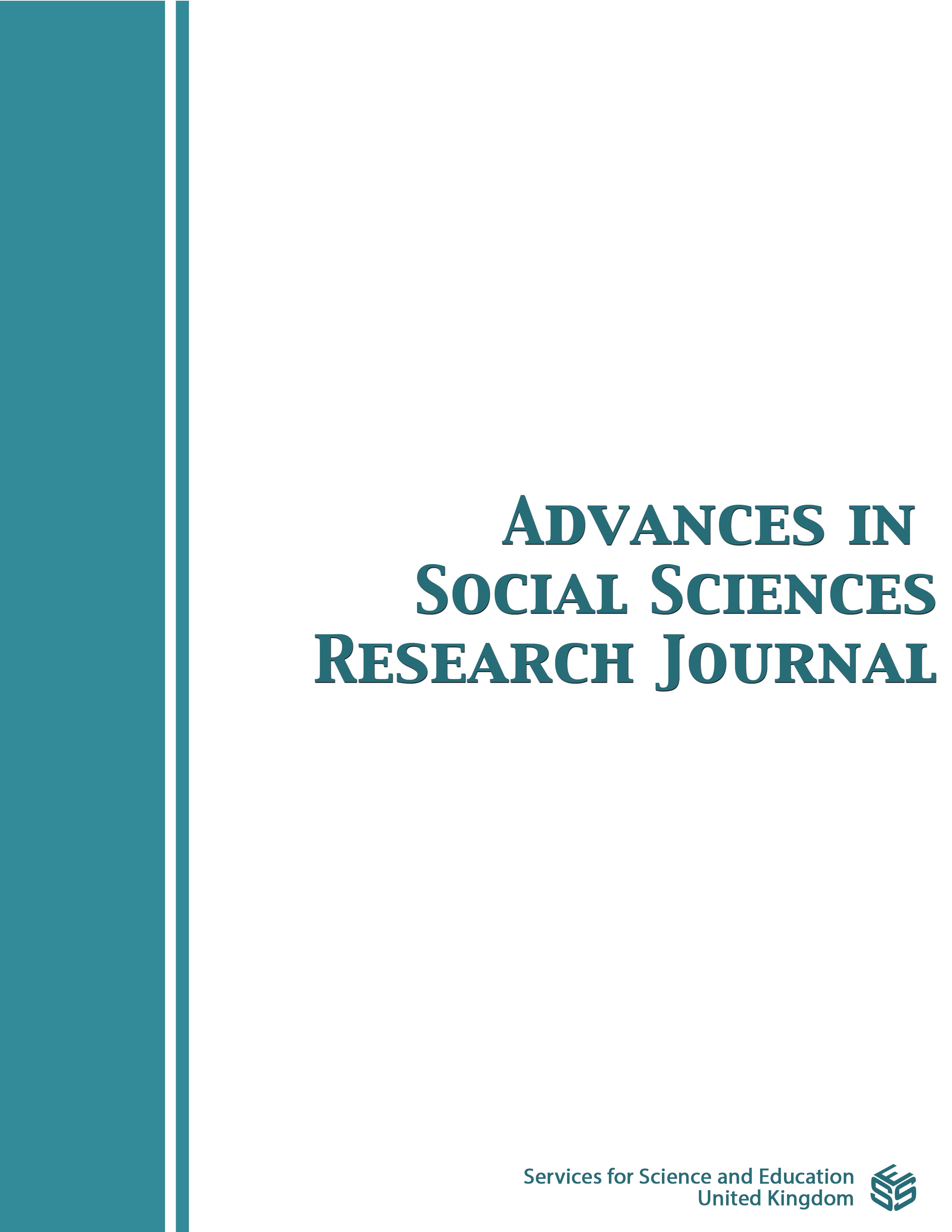NIMASA’s Lacunas in the Discharge of Its Regulatory Functions in the Management of Oil Spills Pollution in Nigeria
DOI:
https://doi.org/10.14738/assrj.106.14772Keywords:
Oil spills, Oil pollution, Regulatory Regime, Regime, Environmental Consequences, Ecosystem and Impact, Marine Habitats, Niger Delta, Nigeria, legislation, EnvironmentAbstract
Nigeria and Niger Delta region in particular have experienced environmental pollutions consequent from oil exploration and production activities. Fauna and flora as well as the entire marine ecosystem in these areas are at risk from oil spills pollution. Investigation to establish the indebt consequences of oil spill pollution on key performance indicators as well as the remedial actions for resuscitation is most times hinged on effective implementation, monitoring of the regulatory framework of the regulatory agencies saddled with such responsibilities. The overall success of which depends fully much on the environmental ambient and the enforcement capacity of the regulatory agencies. Effective maritime safety administration, maritime labor regulation, marine pollution prevention and control, search and rescue, inspections, cabotage enforcement, shipping development and ship registration, training and certification of seafarers, and maritime capacity development are the main focus of NIMASA as a governmental agency. However, all these specific roles are often not met due to certain lacunas within the corridors of the regulatory framework.
Downloads
Published
How to Cite
Issue
Section
License
Copyright (c) 2023 Etuk Etiese Akpan

This work is licensed under a Creative Commons Attribution 4.0 International License.
Authors wishing to include figures, tables, or text passages that have already been published elsewhere are required to obtain permission from the copyright owner(s) for both the print and online format and to include evidence that such permission has been granted when submitting their papers. Any material received without such evidence will be assumed to originate from the authors.






